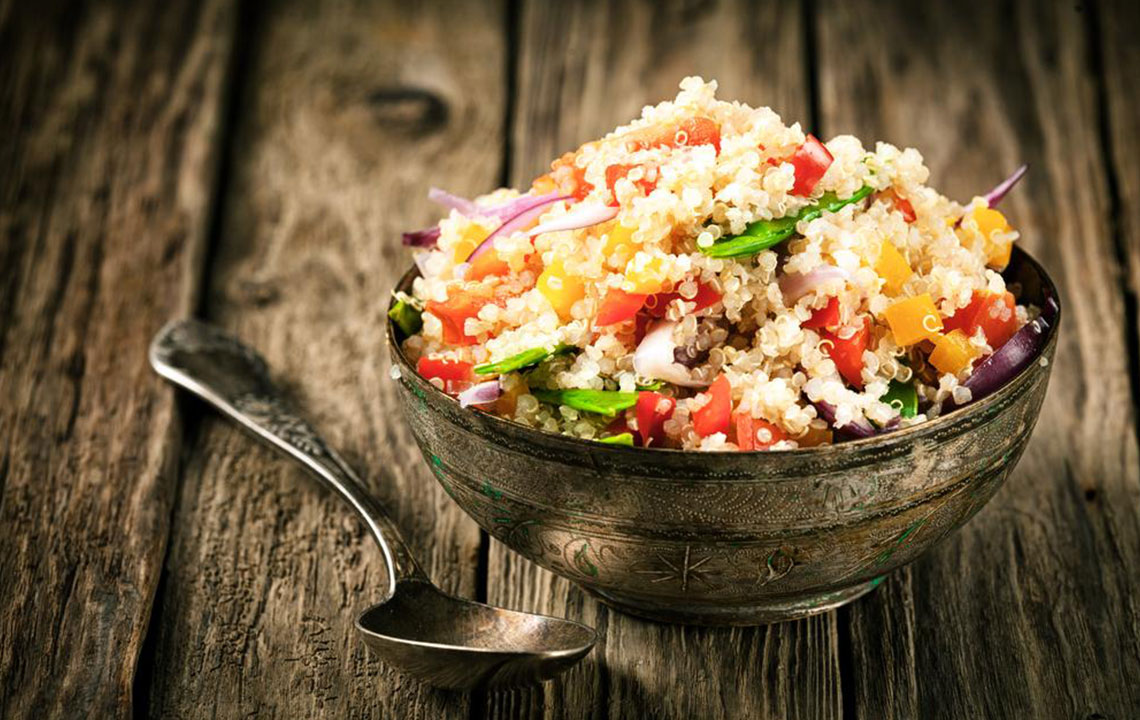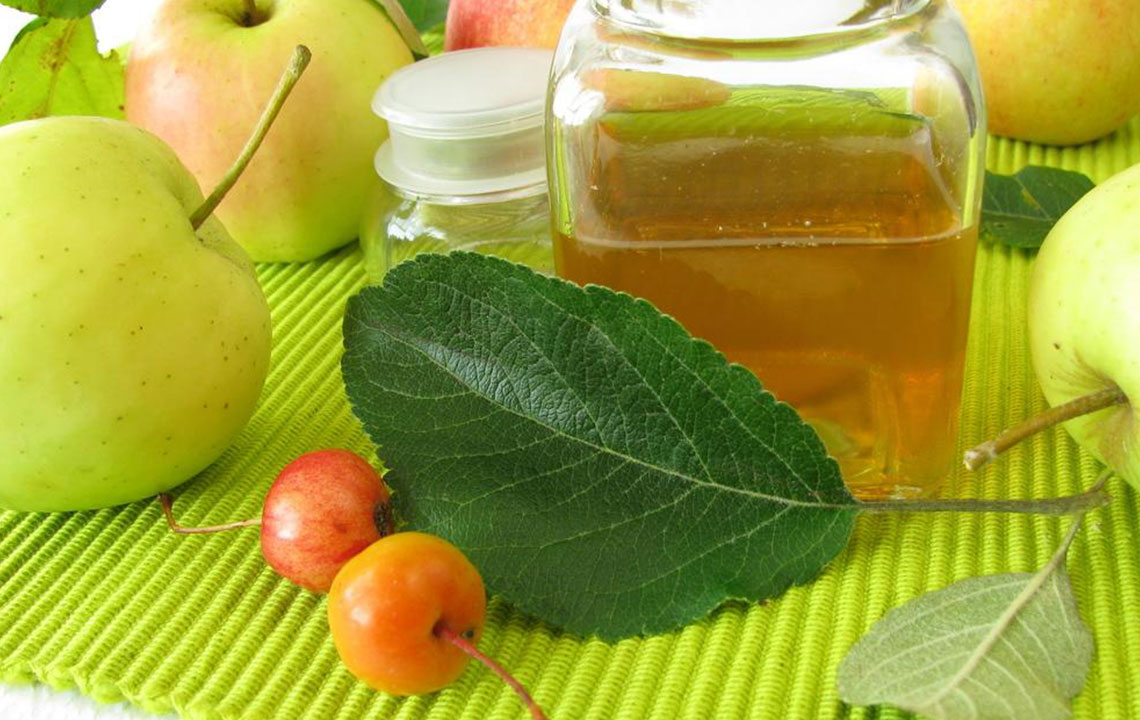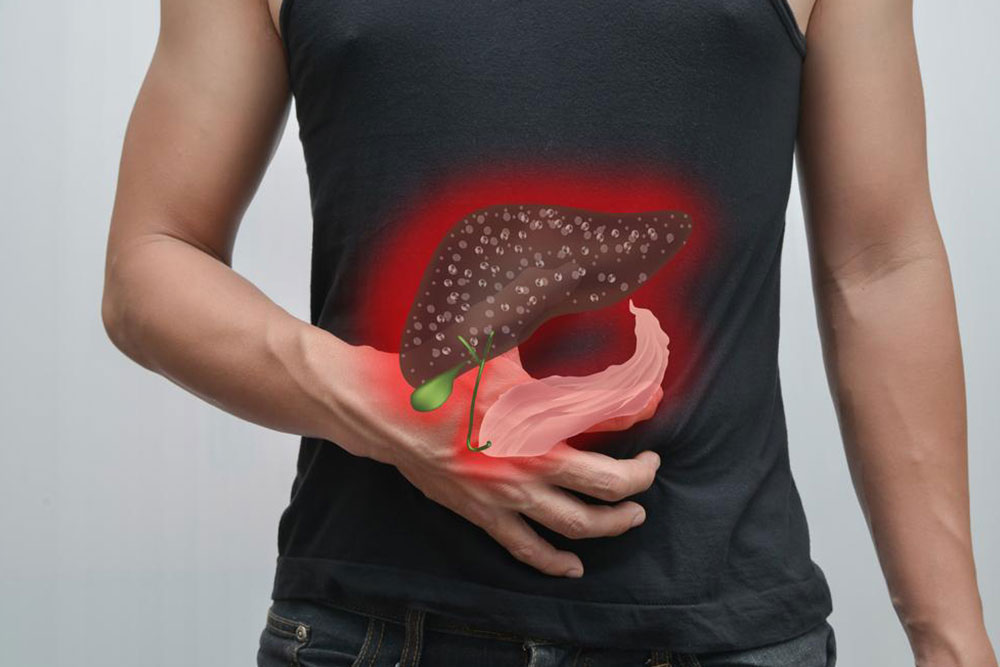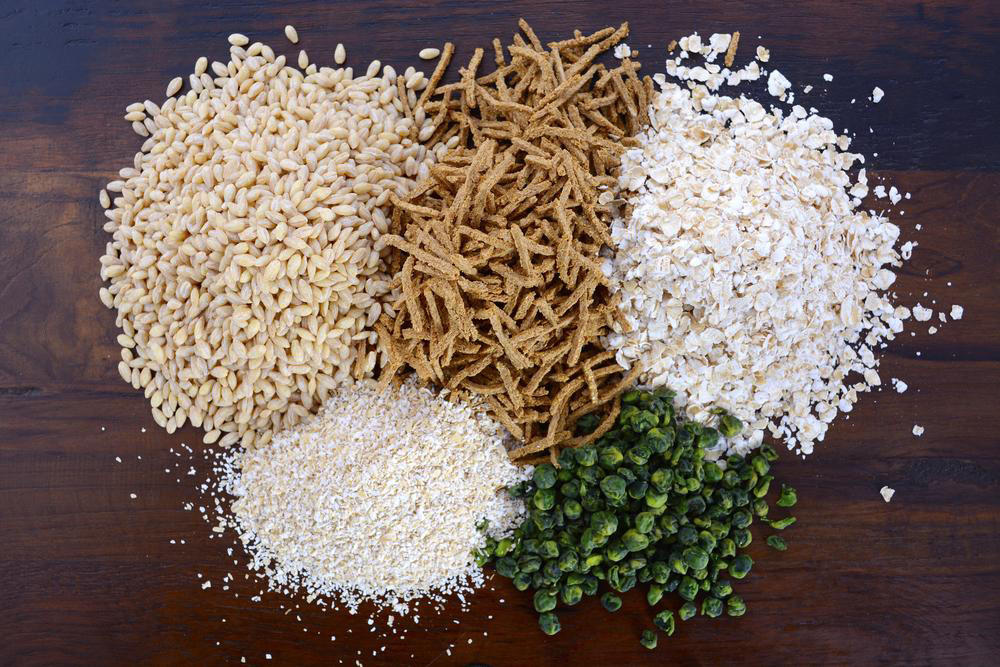Top Fiber-Rich Foods to Boost Your Health
Discover the most effective high-fiber foods to enhance your digestive health and reduce disease risk. Incorporate legumes, whole grains, vegetables, fruits, berries, avocado, oats, nuts, and seeds into your daily meals. This guide highlights the benefits of each food and offers tips on how to include them in your diet for optimal wellness and disease prevention.
Sponsored
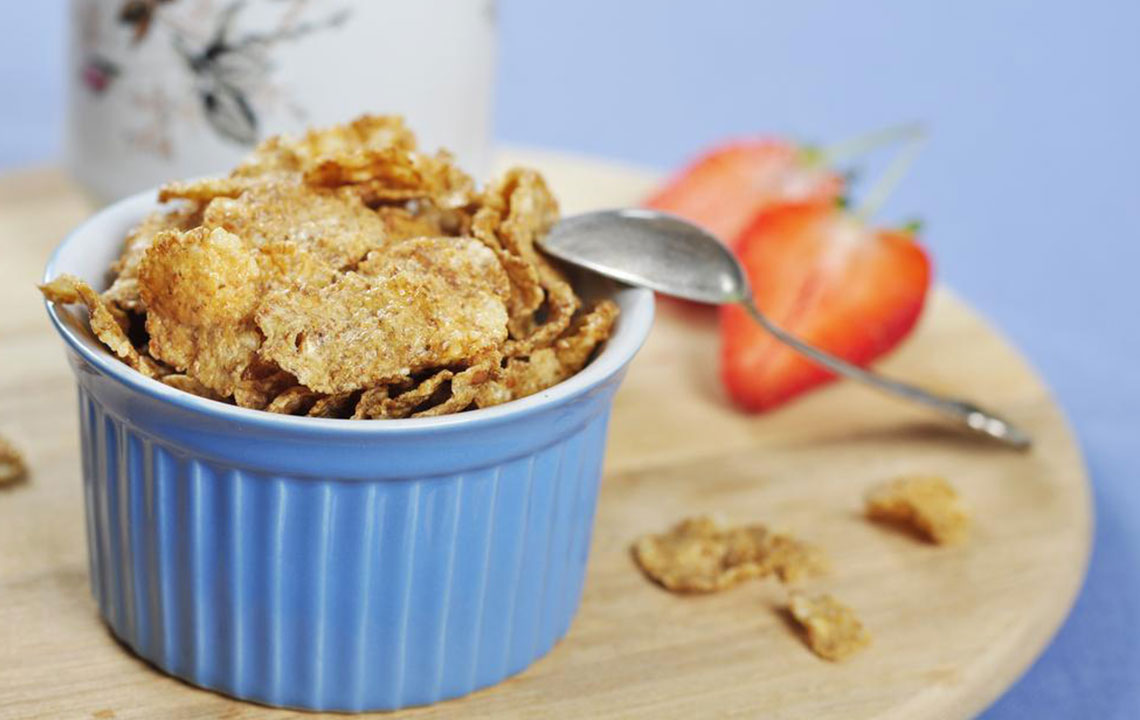
Dietary fiber is essential for maintaining good health. It supports digestion, helps control blood pressure, and reduces the likelihood of heart-related illnesses like stroke. Unfortunately, many people do not consume enough fiber, impacting their well-being. Incorporating high-fiber foods into your daily meals offers numerous health benefits, as fiber prolongs digestion, allowing better nutrient absorption. To understand fiber's role, it's important to recognize its two types: soluble and insoluble fibers.
How Fiber Benefits Your Body
Soluble fiber forms a gel that slows digestion, helping regulate blood sugar and lower cholesterol levels. Insoluble fiber stays intact during digestion, adding bulk to stool and facilitating bowel movements. A diet lacking enough fiber can lead to constipation and nutritional deficiencies. Including the right amount of fiber-rich foods ensures optimal digestion and nutrient absorption. Here is a curated list of high-fiber foods to include in your diet for improved health.
Legumes
Legumes such as black beans, kidney beans, lentils, and chickpeas are packed with fiber, protein, vitamins, and minerals. They support digestion and strengthen overall health. While beneficial, consuming them in moderation is advised to prevent gastrointestinal discomfort.
Whole Grains
Switching to whole grains like brown rice, whole wheat bread, oats, and barley is an excellent way to increase fiber intake. These foods are nutrient-dense and promote a healthy digestive system. Avoid refined grains to maximize health benefits and ensure a balanced diet.
Leafy Green Vegetables
Vegetables like spinach, kale, collard greens, and lettuce are rich sources of fiber, vitamins, and antioxidants. They boost metabolism and promote well-being. Consuming them raw in salads preserves their nutrients and fibers.
Fruits
High in fiber and water content, fruits such as apples, pears, berries, and oranges enhance digestion. Eating a variety of seasonal fruits helps improve gut health and provides essential vitamins and minerals for energy and vitality.
Vegetables
Including fiber-rich vegetables like carrots, broccoli, sweet corn, potatoes, and tomatoes in your meals supports digestion. Cooking methods like boiling best preserve their fiber content, while frying may diminish it.
Avocados
This superfood offers a wealth of fiber, healthy fats, and vitamins. Consuming avocados several times a week can improve heart health and overall wellness. They are versatile and easy to incorporate into meals.
Berries
Berries such as strawberries, blueberries, and raspberries are not only high in antioxidants but also contain significant fiber. Their low-calorie profile makes them an ideal snack, whether added to cereals, salads, or desserts.
Oatmeal
Oatmeal is a nutritious breakfast option favored for its fiber content, especially beneficial for heart health and blood sugar regulation. Enhance it with nuts, seeds, or fruits for added flavor and nutrients.
Nuts and Seeds
Almonds, chia seeds, flaxseeds, and walnuts provide healthy fats, fiber, and proteins. Snacking on a handful of nuts or seeds daily is a tasty way to meet your fiber needs, but moderation is key.
By including these high-fiber foods in your diet, you can enhance digestion, boost energy, and safeguard against numerous health issues. Make fiber a daily priority for a healthier life.

